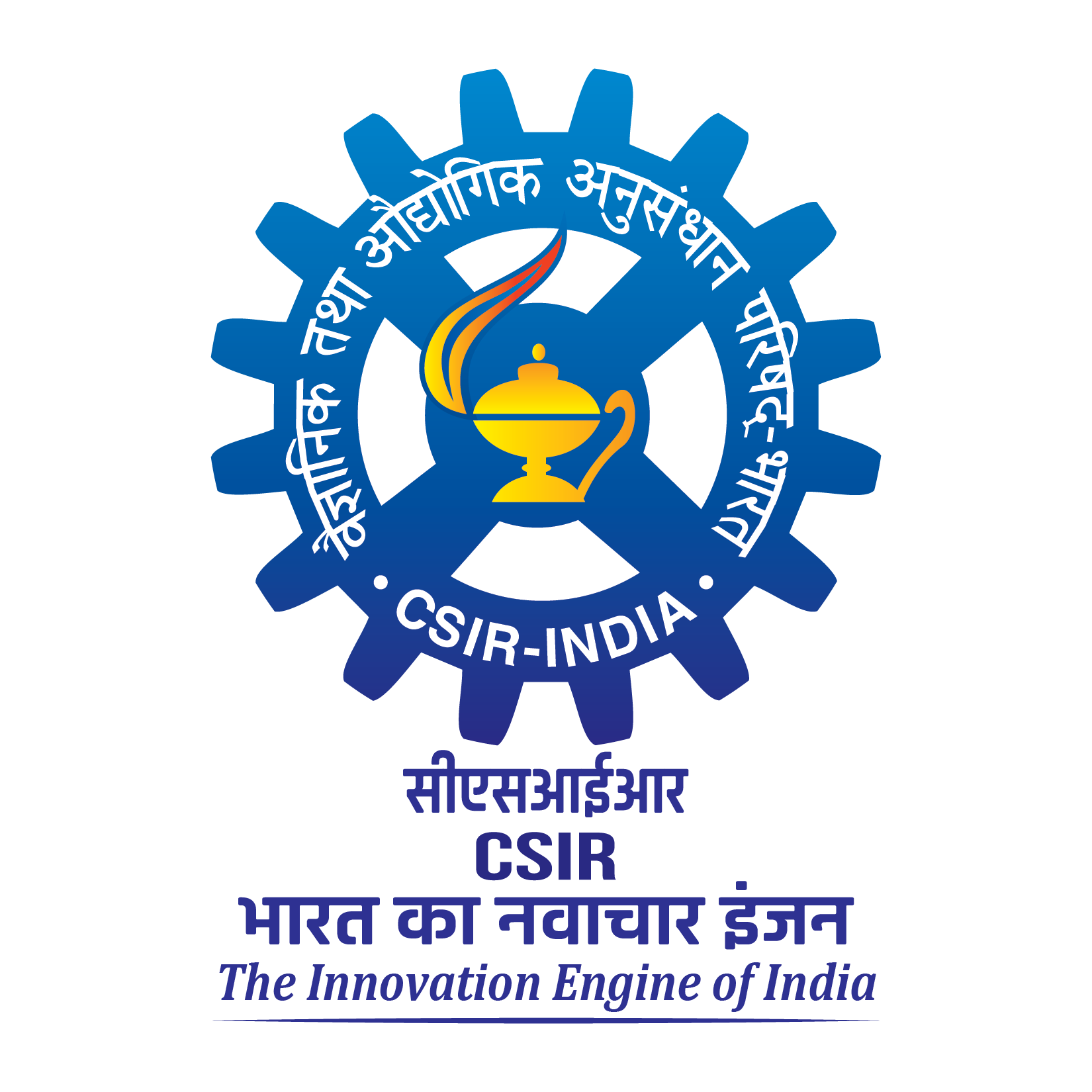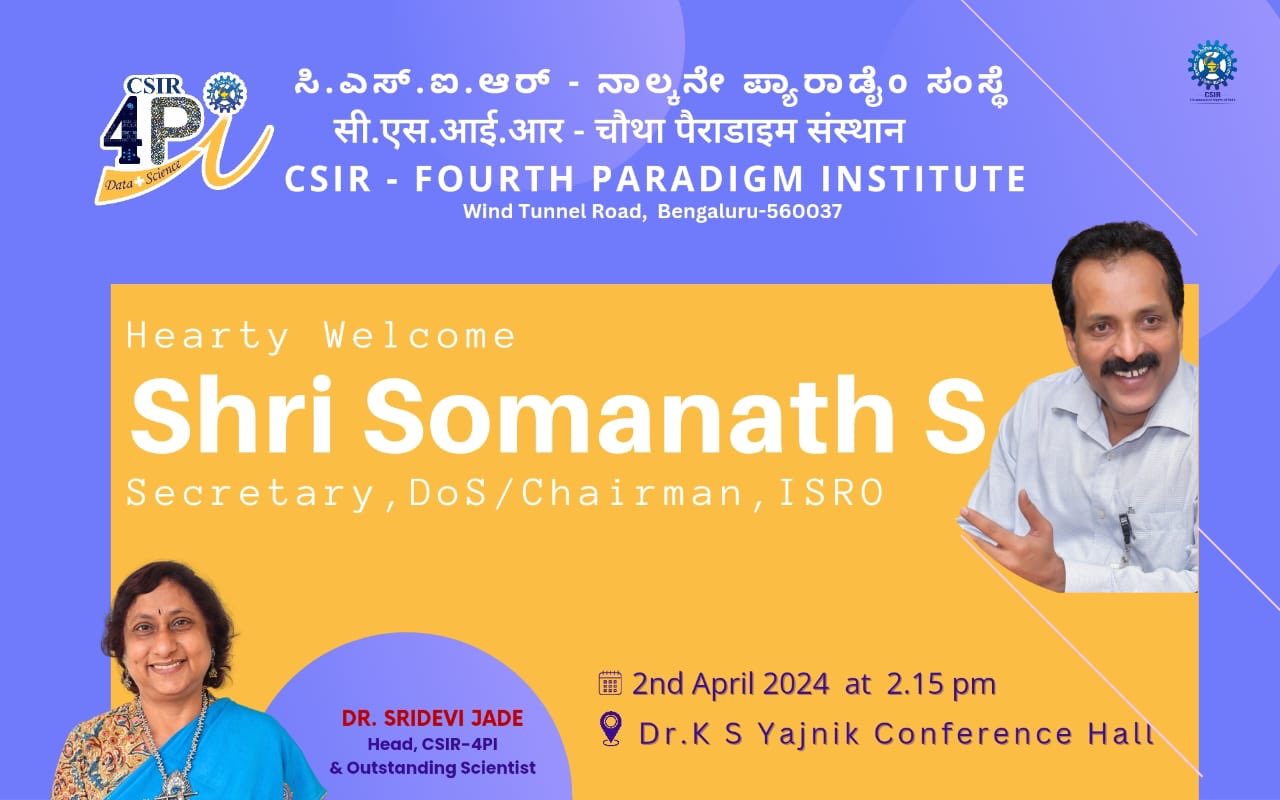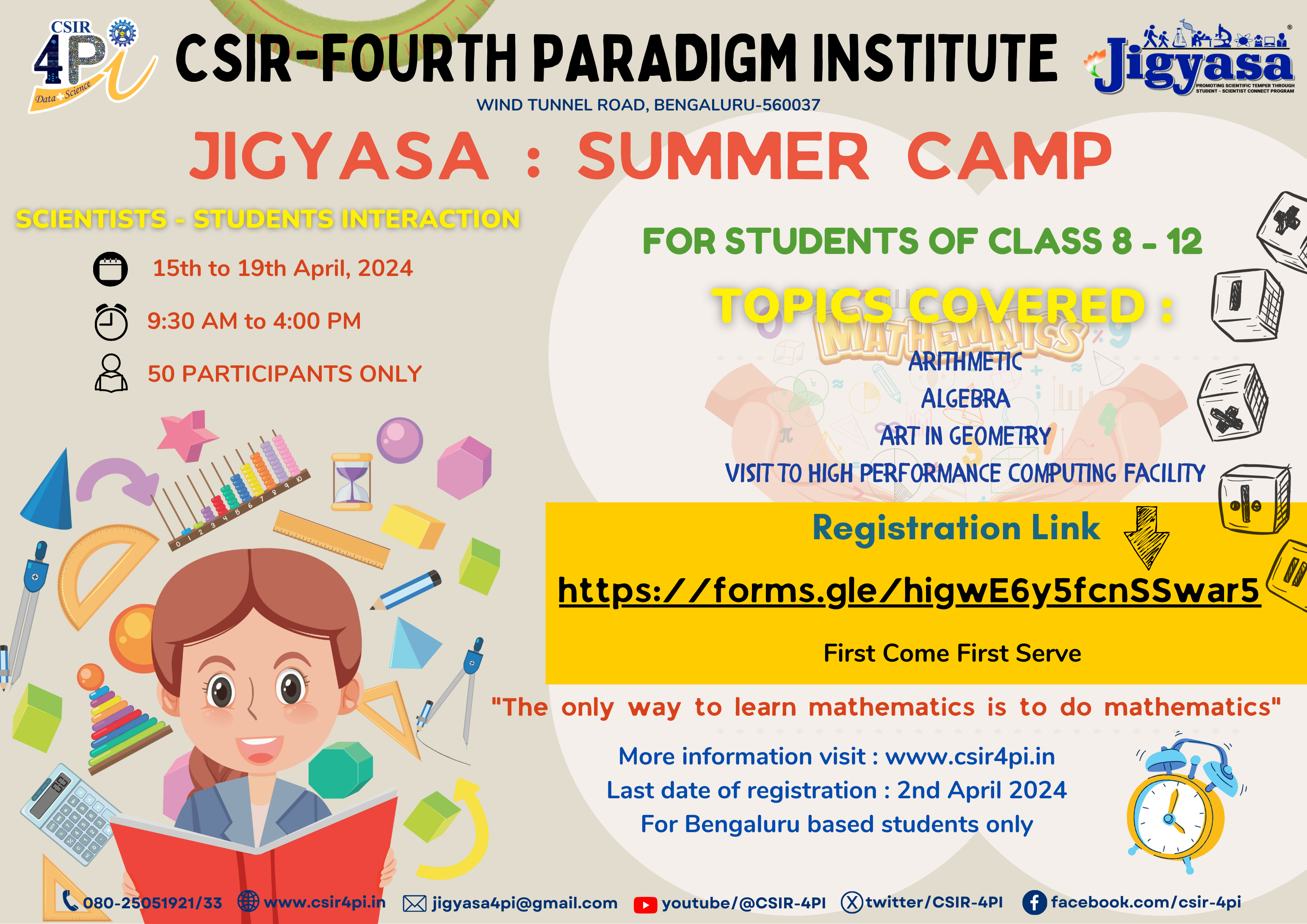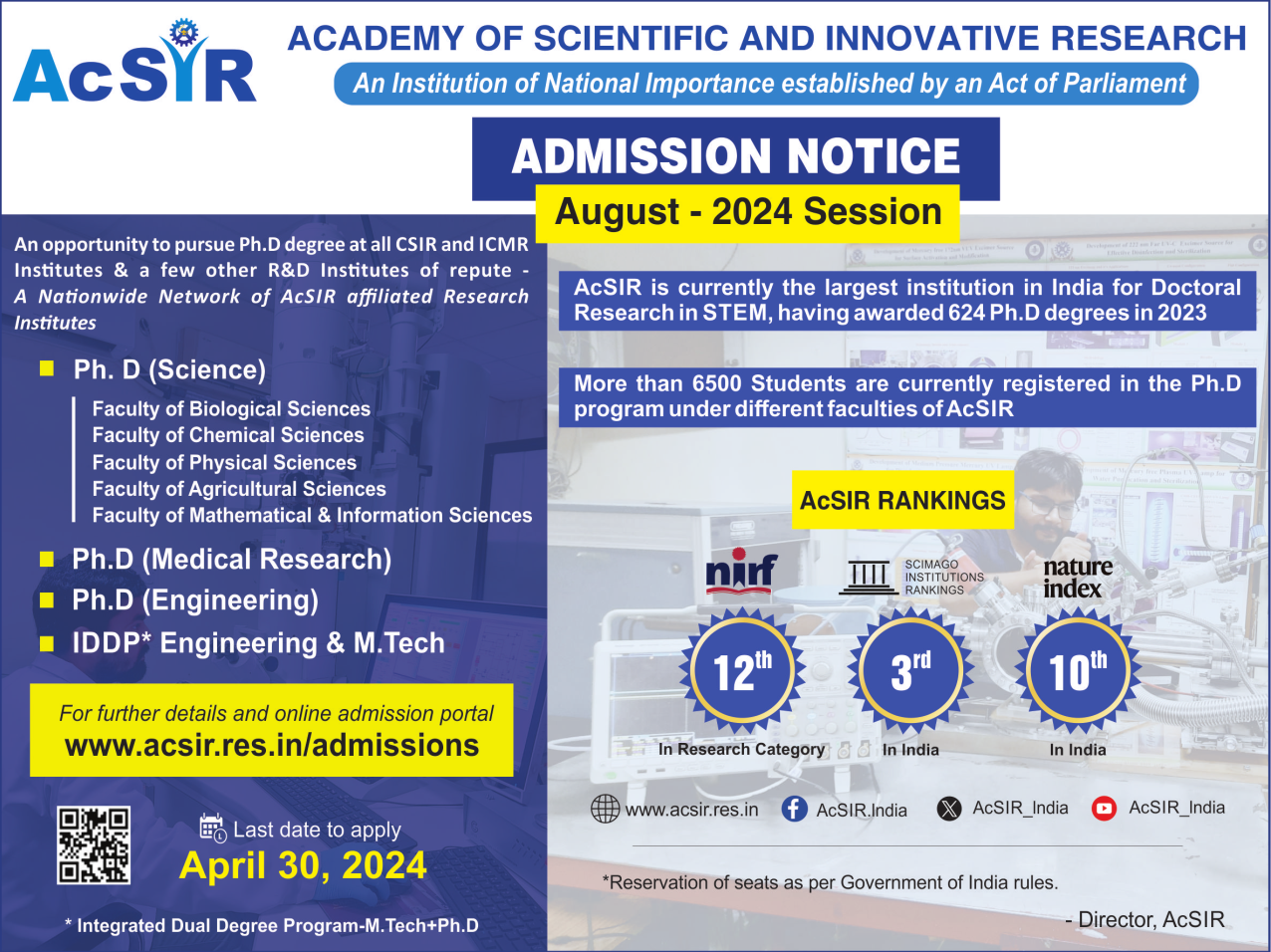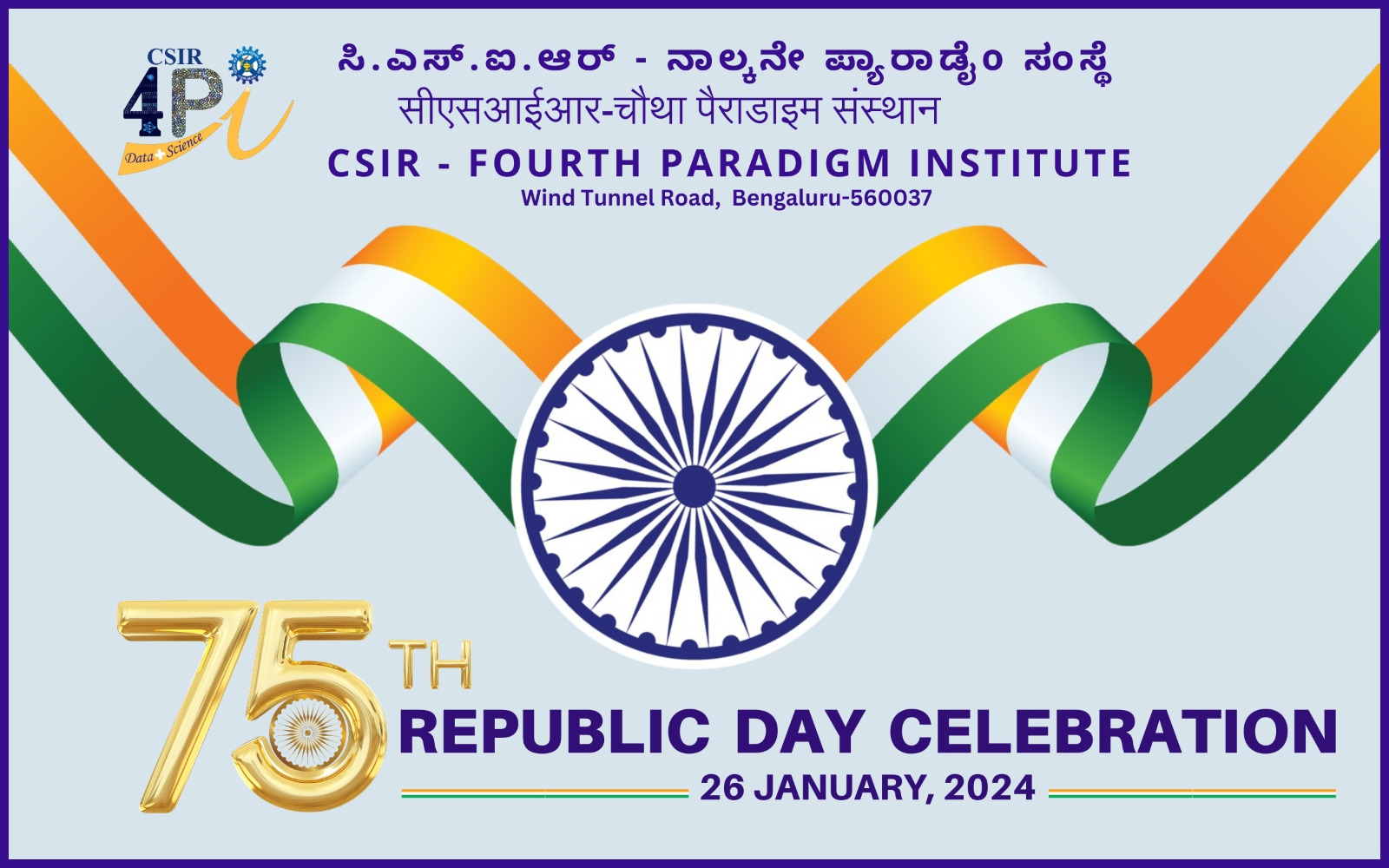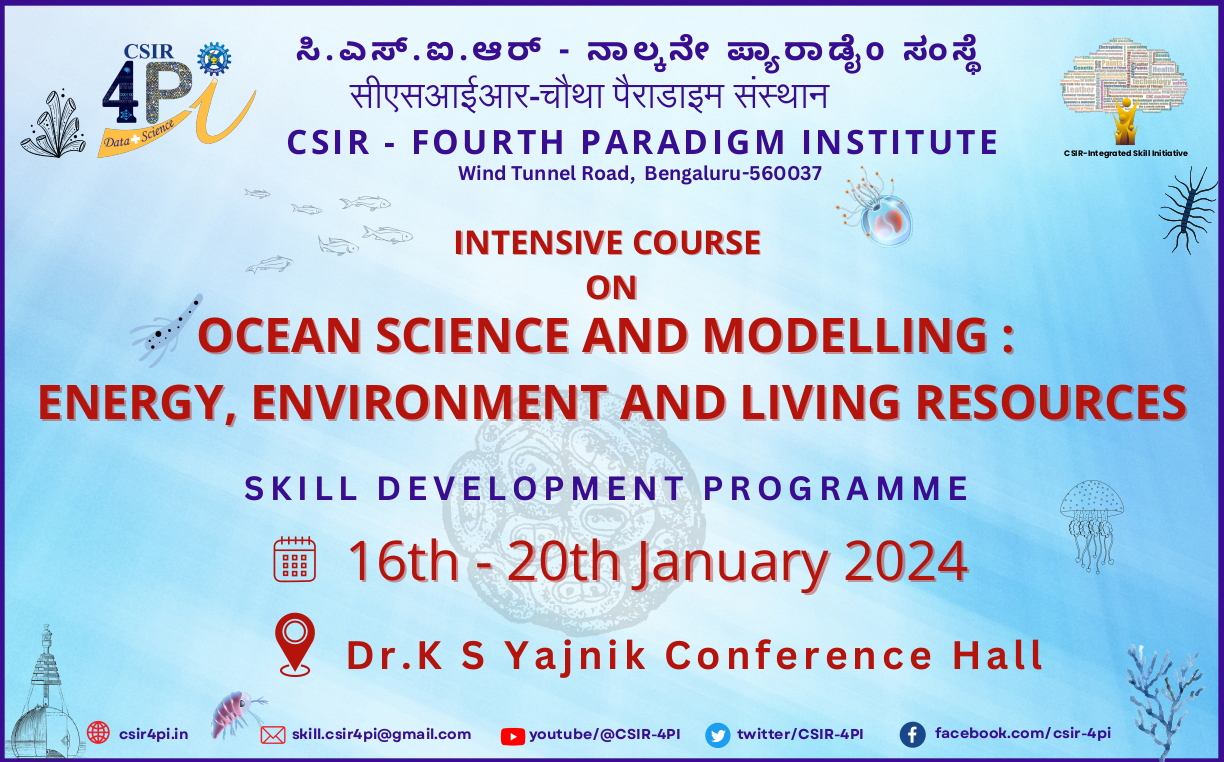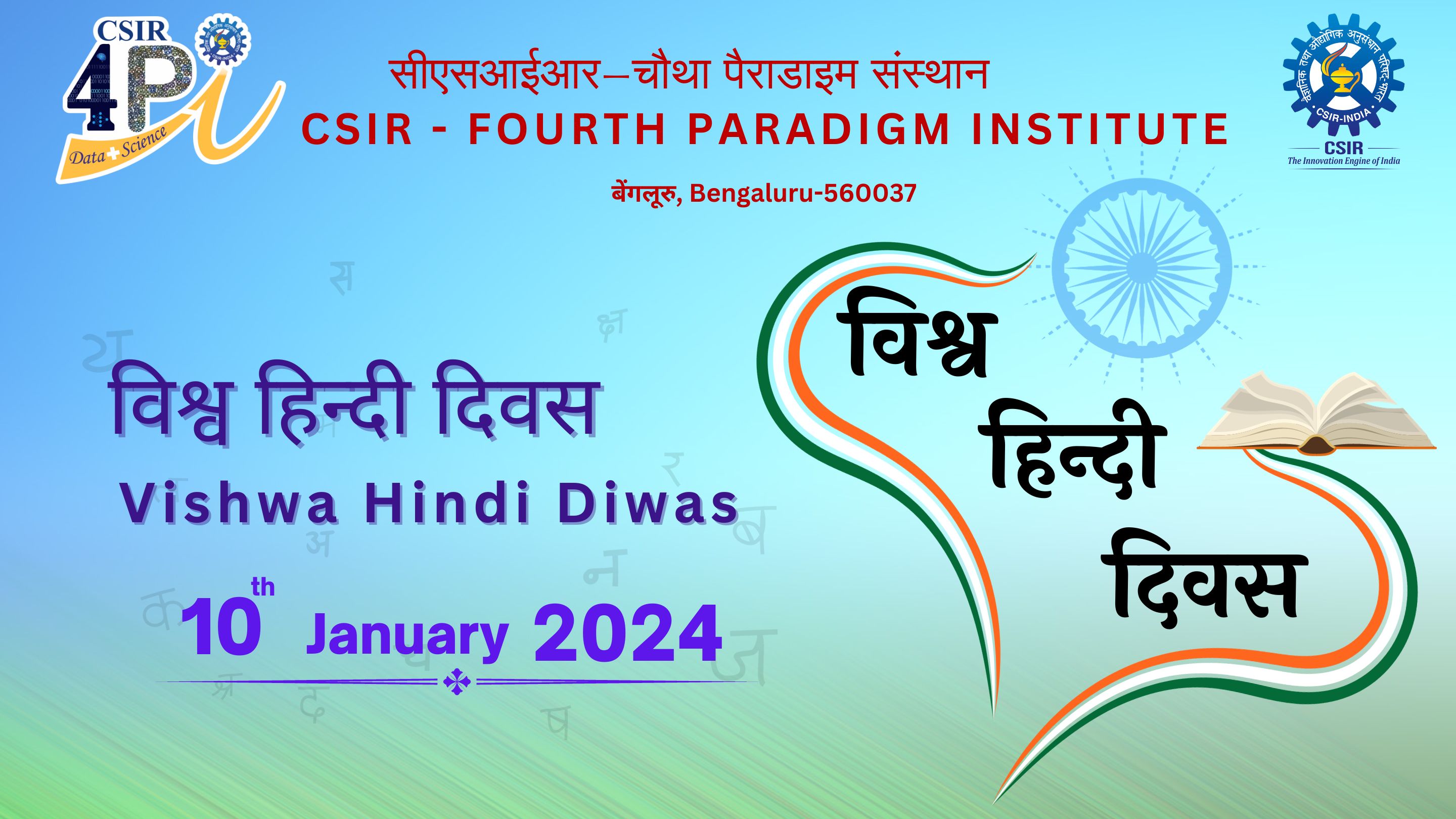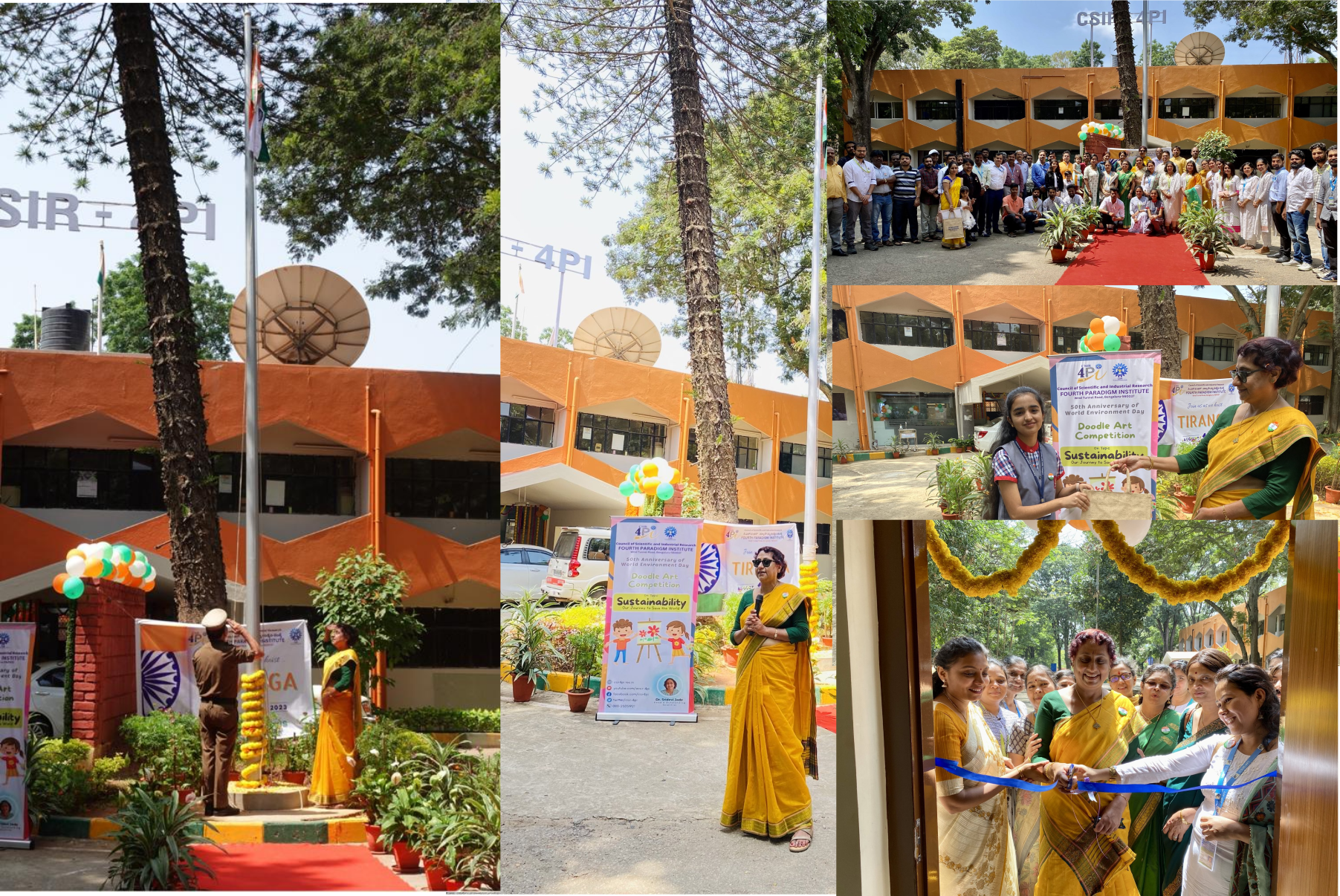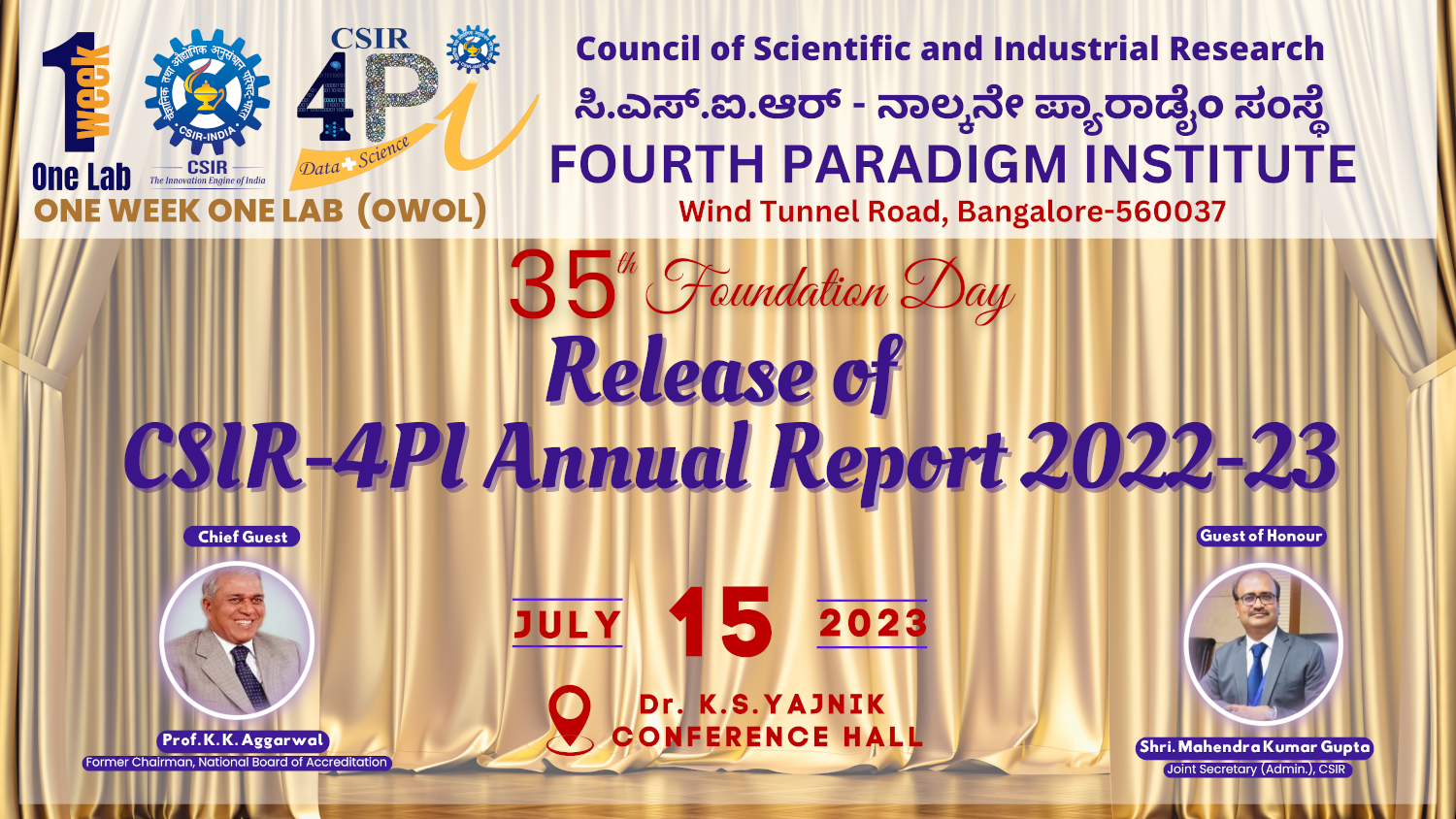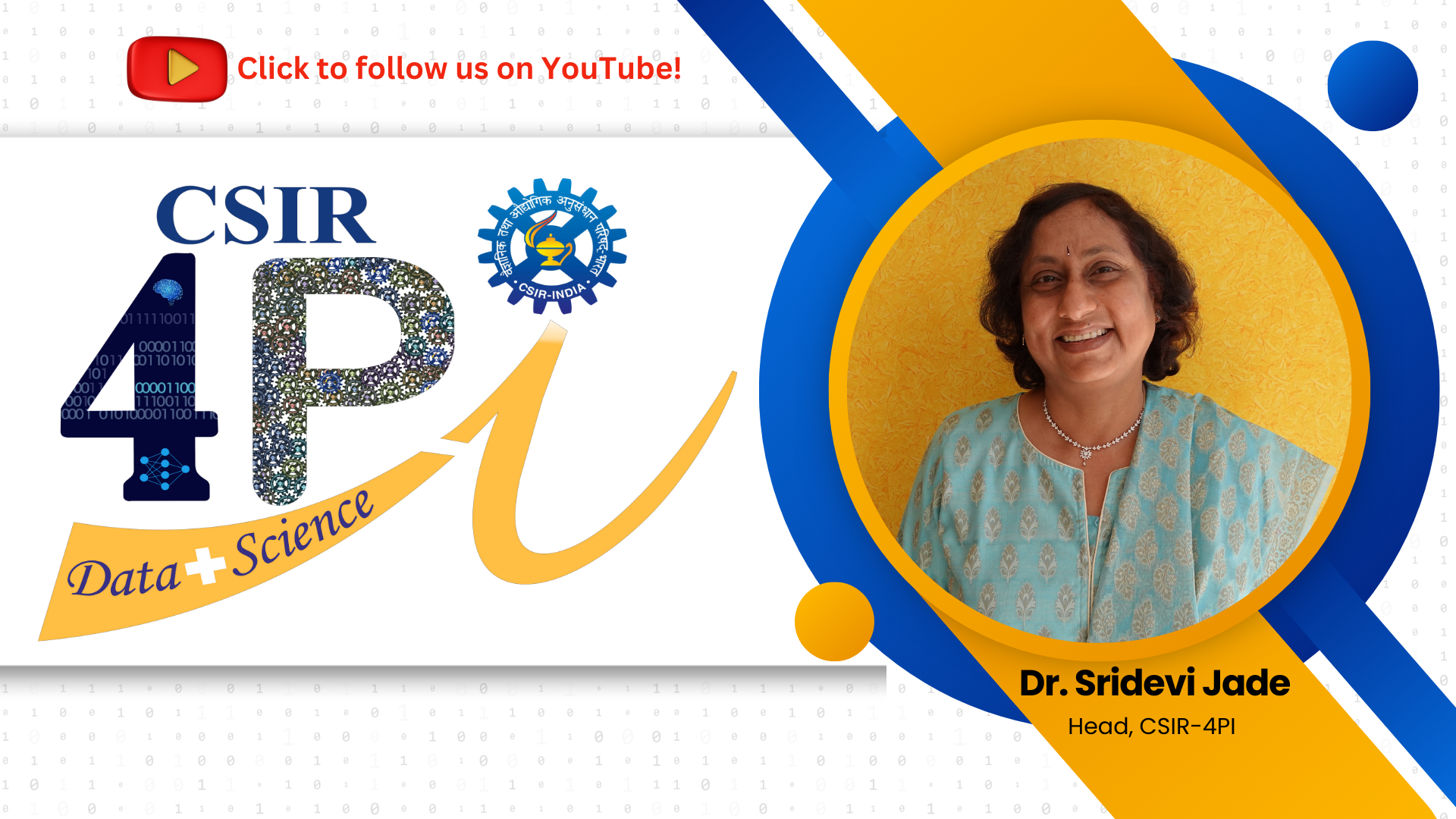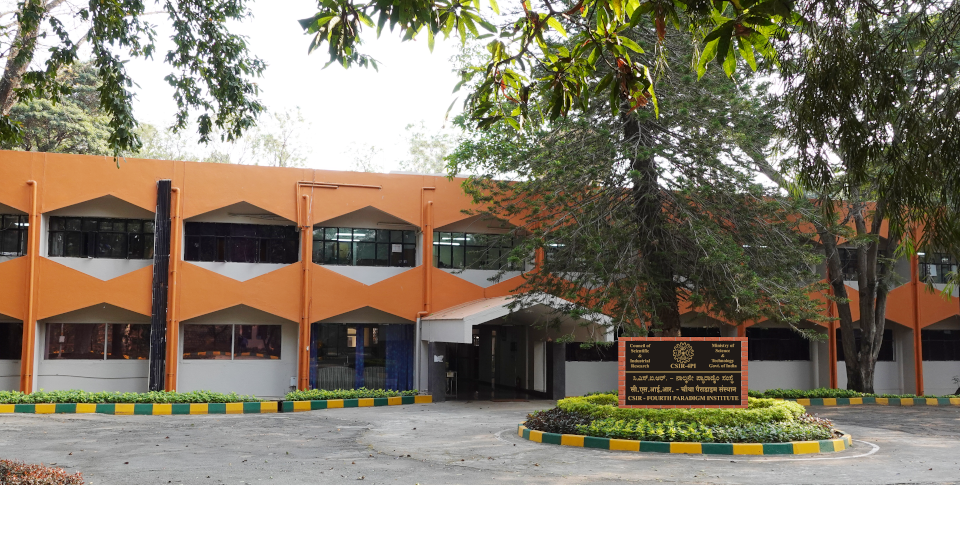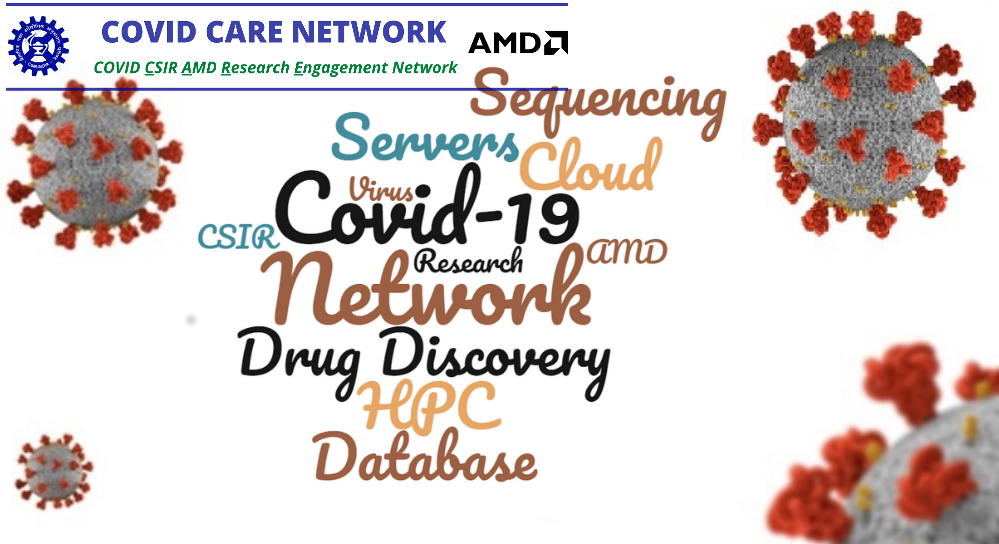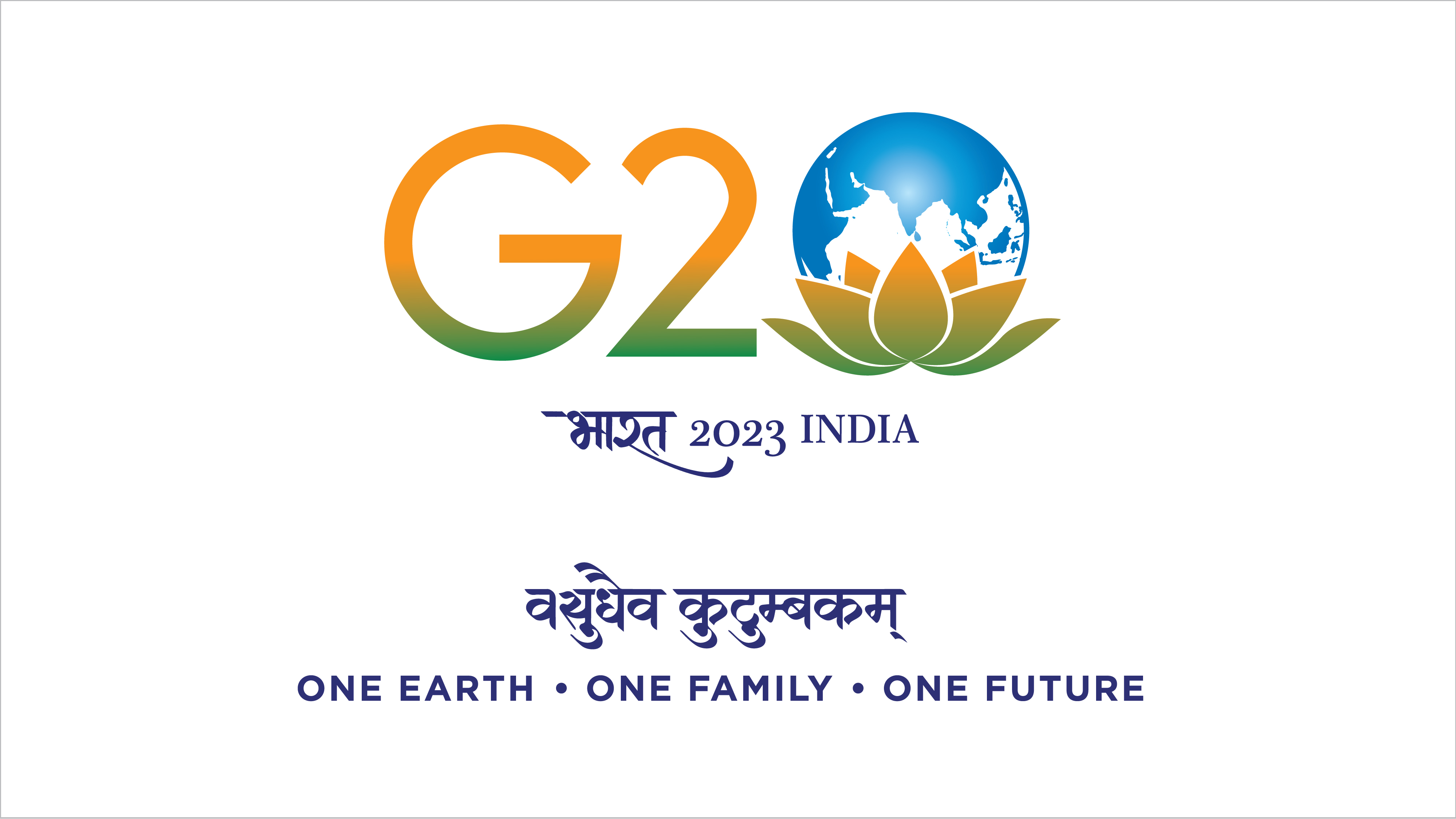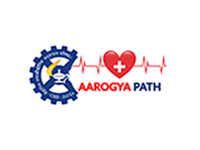In the future, there could be a decrease in cloud cover along with an increase in cloud water content, suggesting a shift in the cloud type to more convective clouds resulting in extreme rains. It means the Indian summer monsoon season is expected to have short bursts of convective rains leading to extreme rainfall events but drier conditions for most days. Dr. Stella Jes Varghese, currently working as a Science and Engineering Research Board (SERB) national post-doctoral fellow at CEOAS carried out the research under the mentorship of Ashok Karumuri. It is also collaborative research involving scientists from CSIR Fourth Paradigm Institute, Indian Institute of Technology (IIT) Bombay and Meteorological Research Institute (MRI), Japan, including Sajani Surendran, Kavirajan Rajendran, Subimal Ghosh and Akio Kitoh.
The study was published in the latest issue of Geophysical Research Letters https://agupubs.onlinelibrary.wiley.com/doi/10.1029/2023GL105680
